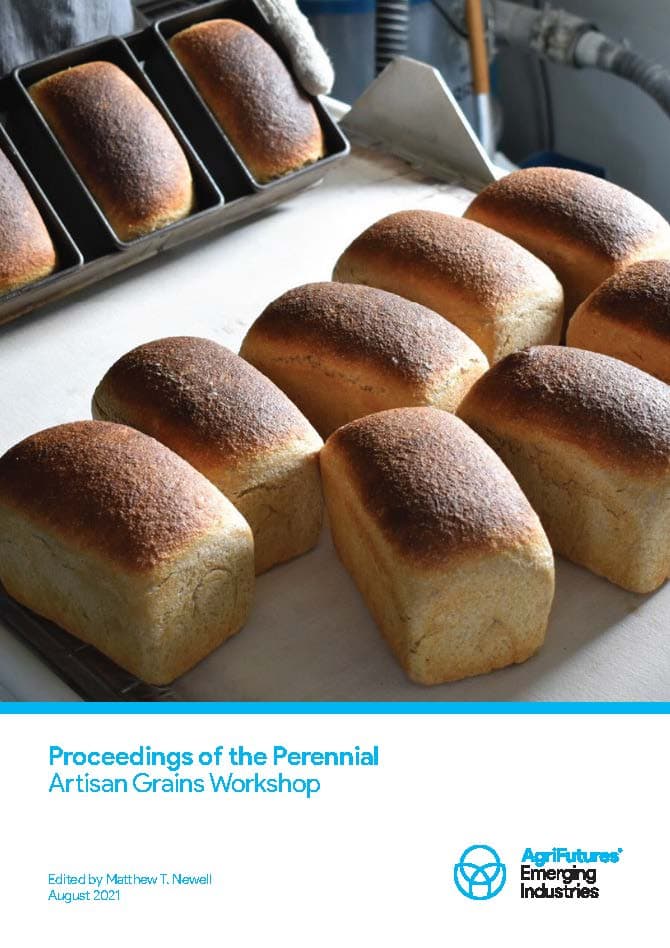Modern annual grain production systems supply 70% of the calories required to meet human dietary needs and globally occupy a similar proportion of agricultural land. More than 50% of consumption is supplied by just three crops – corn (Zea maize), rice (Oryza sativa) and wheat (Triticum aestivum). Modern agriculture’s ability to meet the increasing demand for products has hinged on simplifying traditional agroecosystems, by growing annual crops as monocultures with increased yields through using external inputs. The intensification of agricultural production has been successful in meeting global food demand by increasing productivity per unit area.
However, intensive crop production has led to substantial soil degradation associated with the run-down of organic matter and disruption of the hydrological balance within landscapes by replacing endemic perennial-based vegetation with annual crop and pasture systems. Developing diverse grain production systems based on perennial plants offers opportunity to reverse the ongoing degradation of crop lands and diversify the range of crops used for food. Moreover, perennial grains offer an unexplored opportunity to develop novel food products from new grains possessing a range of attributes difficult to source in commercial cereal cultivars.
AgriFutures Australia project PRJ-01227, Assessing artisan perennial wheat material as a new food crop, was funded by AgriFutures Australia through their Emerging Industries Program. It aimed to characterise the milling and end-use functional characteristics for a number of perennial cereal candidates that have shown potential for Australian environments. There is a growing movement of artisan bakers catering for the increasingly discerning Australian consumer, who is no longer satisfied with products derived from industrial white flour produced from commodity grains harvested on a large scale. This market is sensitive to the negative health outcomes from products derived from refined white flour, as well as the environmental sustainability of food production systems. Developing perennial cereal grains for this market shows promise.
The project culminated in a workshop, held at Cowra NSW from 15-17 June 2021. This event brought together national and international scientists working in perennial grains research, as well as industry specialists from across the milling, baking, brewing, processing and grain marketing sectors. There were 23 delegates who attended the workshop in person from across these groups. International guest speakers presented to the audience via a video conference platform, due to travel restrictions imposed by COVID-19. A further 17 participants from within Australia, the United States of America, Italy and New Zealand engaged in the workshop through a live stream of the event.





